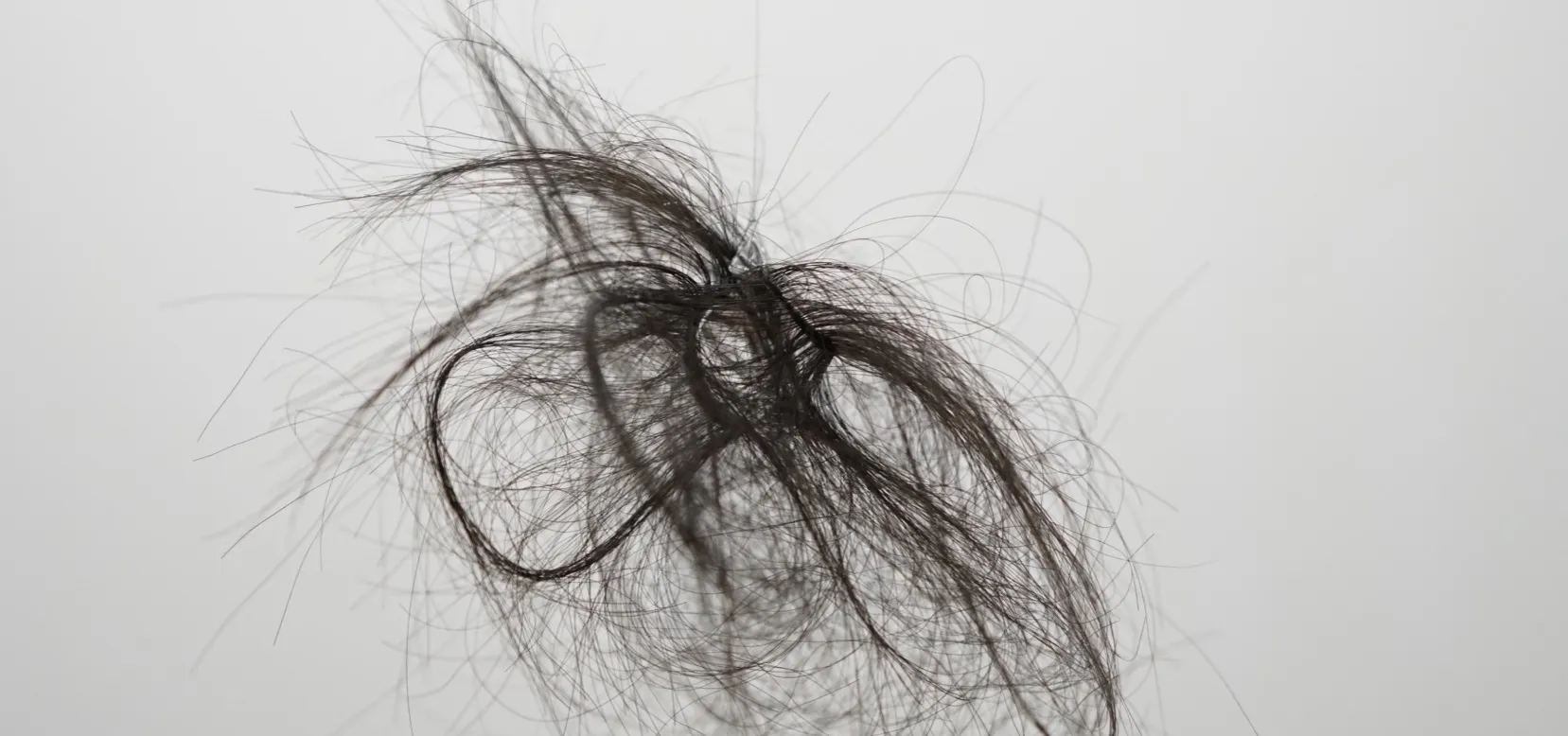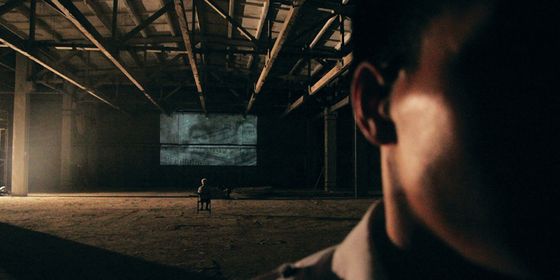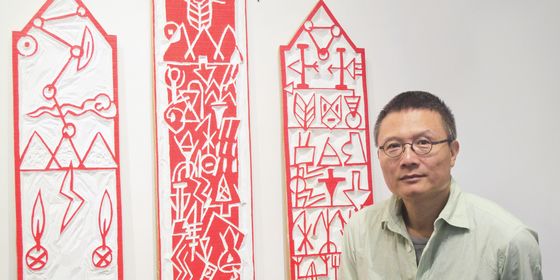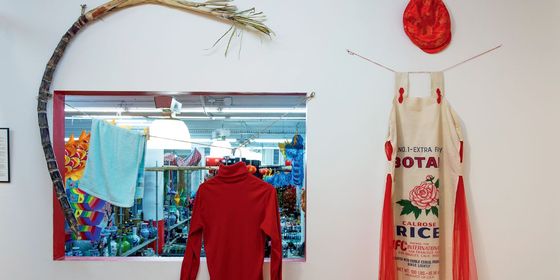How an artist couple tugs at the loose threads of society—by working with their own hair
The gallery corridor seems almost too empty for visitors to know where to rest their gaze.
From afar, nothing but a few dark wooden columns stand guard of the space. Only at an intimate distance, under certain angles of light, does a flimsy fence reveal itself—extremely thin strings knotted into square grids, stretching to fill the space between the columns. It is not immediately clear what this prickly fence, with stray ends of the thread sticking out from the knots, is trying to separate. At a glance, it’s doing nothing but collecting dust, almost stubbornly asking to be lost from sight.
In early 2020, artist couple Lin Yi and Shi Bing constructed this fence with their own hair. During the early phase of the Covid-19 pandemic, as the pair was confined at home in Hangzhou with very little income, they started collecting the objects they found most often around the home—fallen hair and dust—to create art that reflected on the experience, especially taking note of the sense of isolation that had just begun to plague the country. The fence (titled in English “Being Together While Illusional Separating”) is part of a 12-piece collection coming out of that period, along with a set of two single-handed clocks with the tip of their points connected with one thin hair and an office chair tufted with hair.
Many of these works are not much to look at, especially in the middle of a jungle of towering head shots, blinking lights, neon-colored optic fibers that sprawl across the floor, and the entire room covered by statements sewn on flags—all clamoring for viewers’ attention at the Hangzhou Triennial of Fiber Art housed at Zhejiang Art Museum, where some pieces from Lin and Shi’s collection, including the fence, were last exhibited from October to December 2022.
But it would be a shame to mistake this odd fence for a mere palate cleanser in between scenes of razzle-dazzle. Viewed near the end of 2022 as China’s strict pandemic control protocols swiftly dissipated, the piece struck home on another level. The combination of its arbitrariness and fragility—it quivers when passersby so much as breathe on it—is also reminiscent of the man-made, sometimes over-the-top quarantine measures, which asserted themselves with such authority but later faded almost overnight.
The Young Fiber Artists Tying Themselves in Knots is a story from our issue, “Kinder Cities.” To read the entire issue, become a subscriber and receive the full magazine. Alternatively, you can purchase the digital version from the App Store.













